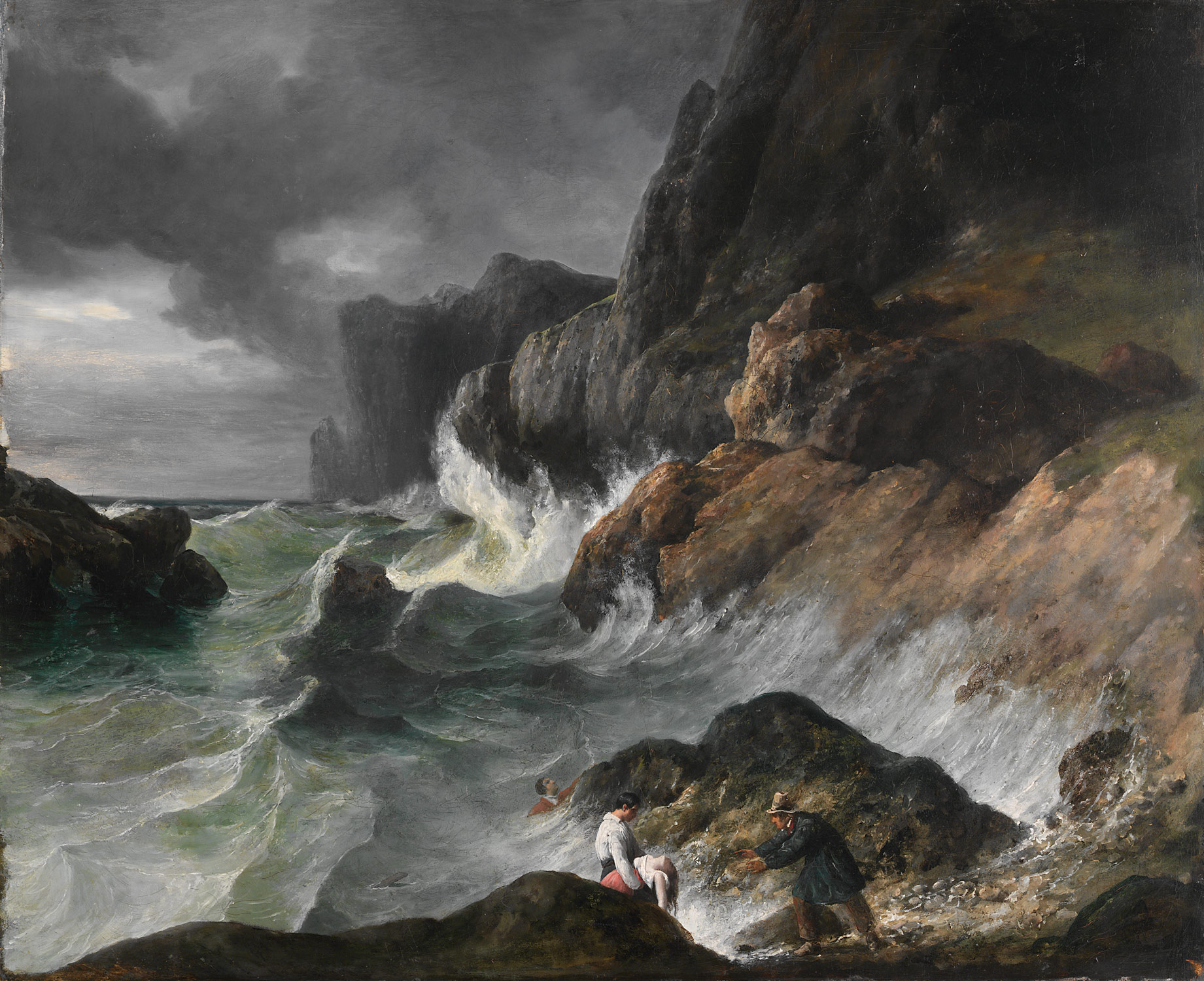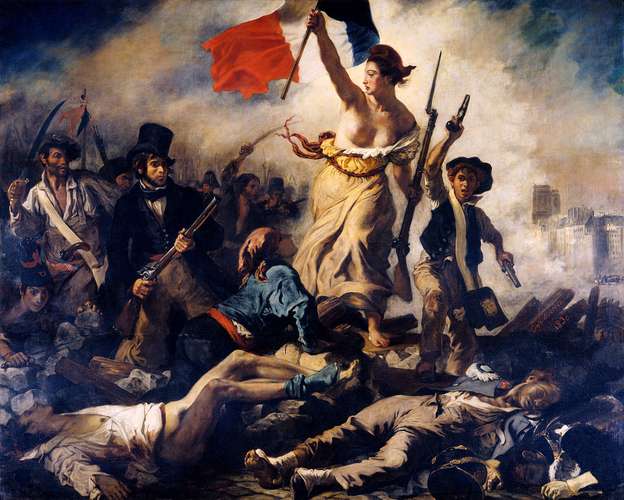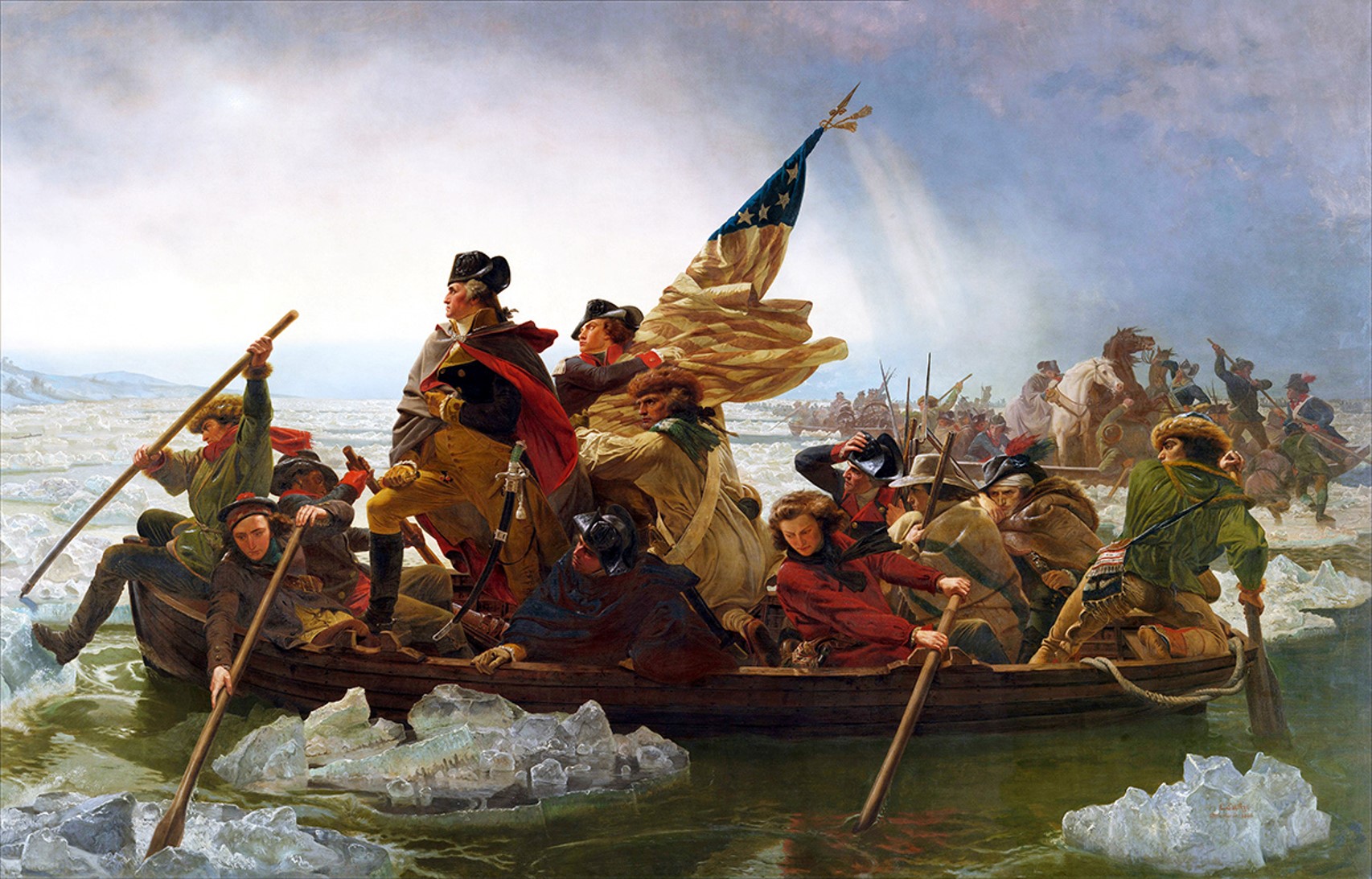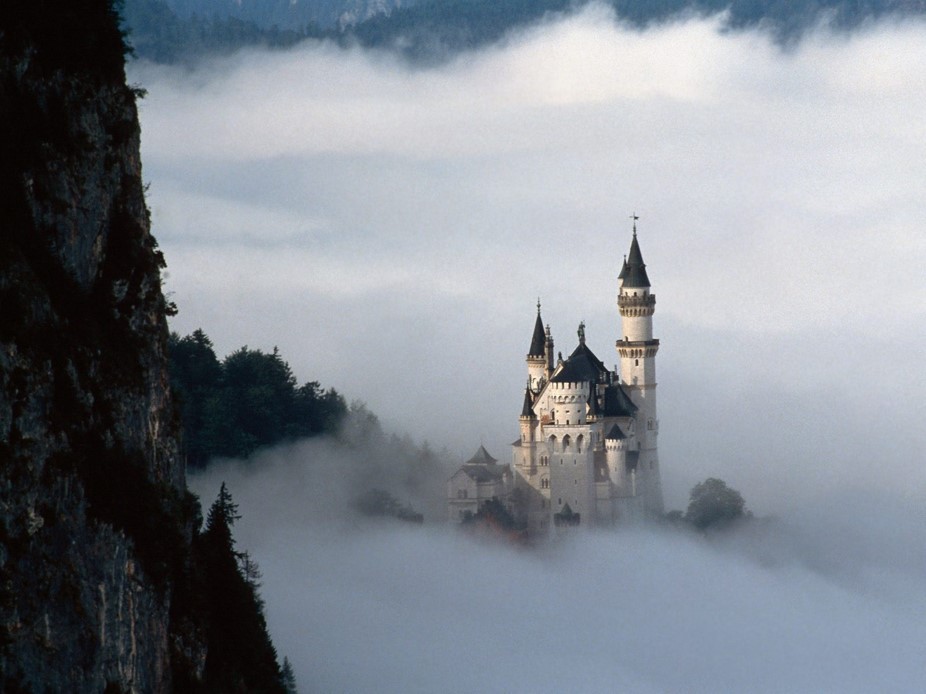
Aristotle said one of the cardinal virtues is temperance, finding the right balance between extremes. Both history and individual experience tend to bear him out on this: when things move too far in one direction, sooner or later the pendulum inevitably swings back the other way.
Just as the Classical Period was a reaction against the overly ornate complexity of the Baroque Period, so the Romantic Period was a reaction against the dry, formulaic predictability of the Classical Period. After the Enlightenment's extreme emphasis on "reason," the intellectual climate swung to an extreme emphasis on emotion. The music and art of the nineteenth century is dramatic and passionate, emotional and fantastical. In contrast to the Enlightenment's emphasis on human mastery of nature, expressed most clearly to the people of the time in the billowing smokestacks of the Industrial Revolution, nineteenth century artists emphasized nature's power over man. Sometimes nature was depicted as an idyllic paradise, sometimes as a cruel and demonic force, but always as an enchanted power beyond human control.
Fantasy became popular, and European mythology, folk tales, and fairy stories were common subject matter. Instead of reflecting a neat and orderly aristocratic ideal, storytelling explored the turbulent mind of the individual. Epic stories of heroes and villains became the subjects of poems and the libretti of operas.



